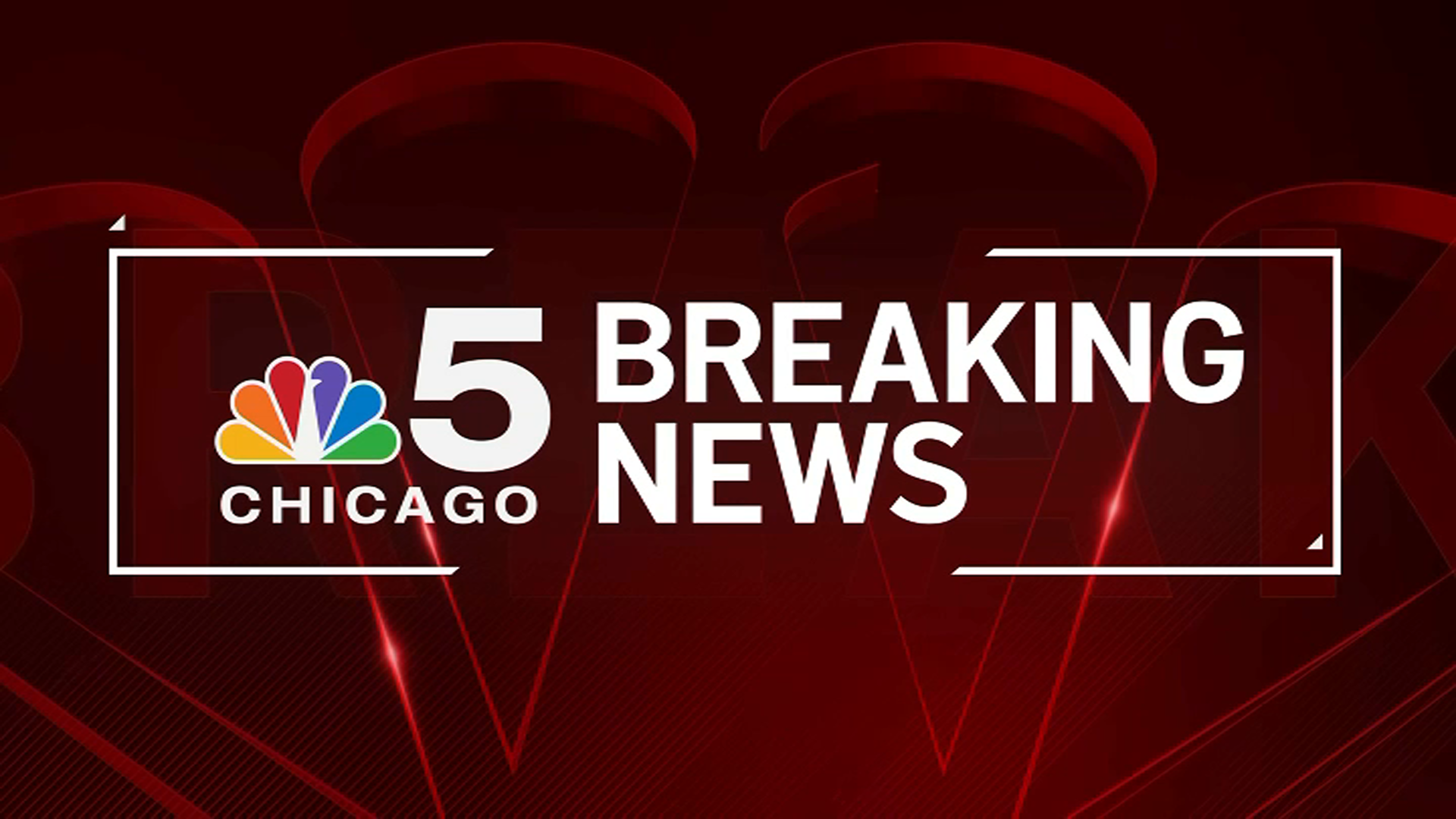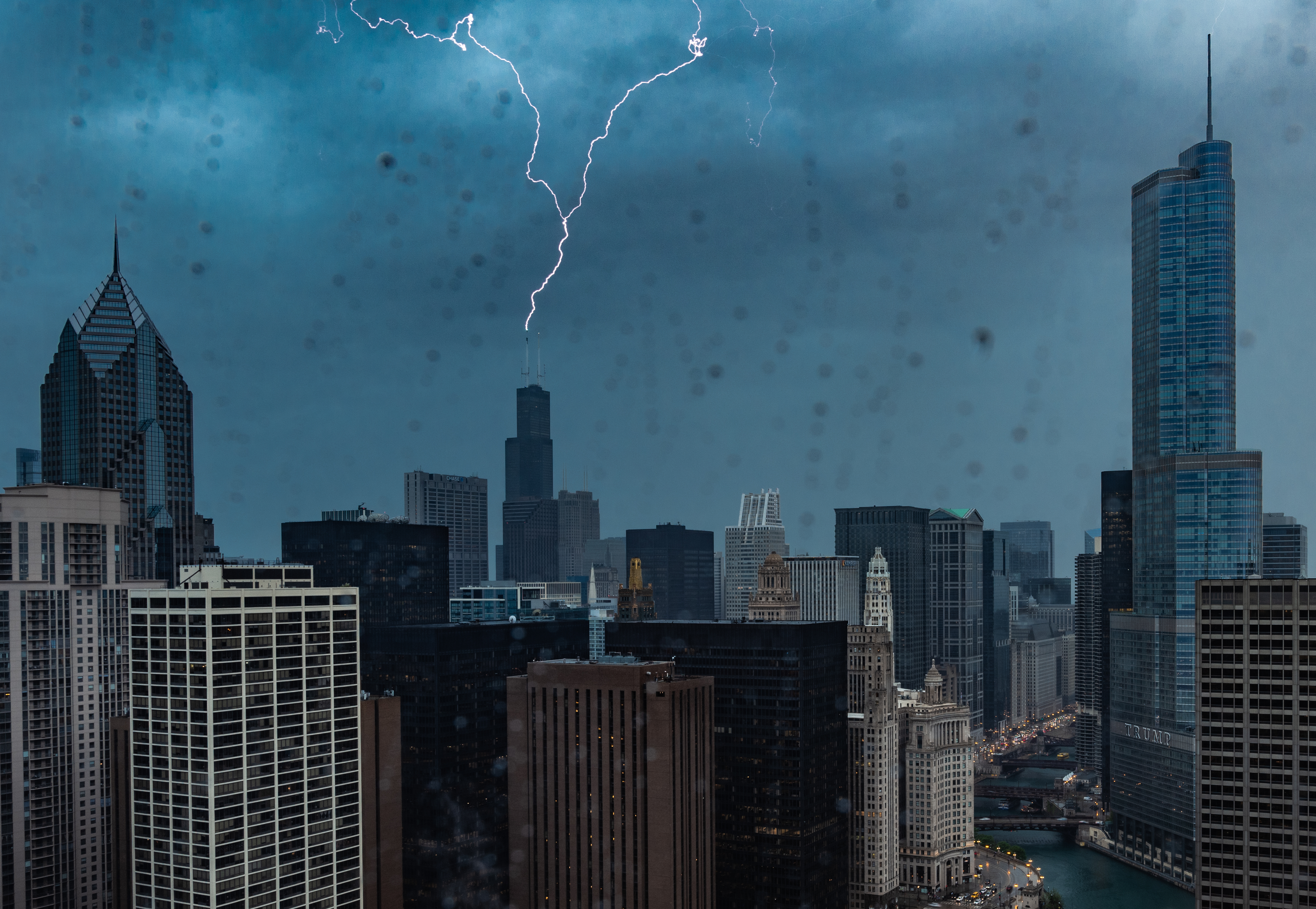The rumored struggle between Rahm Emanuel and Ed Burke for control of the Chicago City Council is merely a skirmish in a battle for the soul of the Democratic Party that goes back over 40 years.
Very simply, it’s blue collar vs. bourgeois.
Until the late 1960s, the Democratic Party was controlled by union leaders like AFL-CIO chief George Meany and party bosses like Mayor Richard J. Daley. It was an urban party whose strongest adherents were white, ethnic industrial workers.
Burke grew up in that Democratic Party, which had its roots in Franklin D. Roosevelt’s New Deal. His father was an alderman loyal to Daley, who represented a ward that contained the stockyards, one of Chicago’s great industries.
The New Deal coalition began to break apart at the 1968 Democratic National Convention in Chicago, when Daley’s police force battled young liberals protesting the party’s support for the Vietnam War. Burke’s role? He was an officer assigned to the convention.
The demonstrators were well-educated suburban children who would become the Democratic Party’s brain trust: civil rights lawyers, consumer advocates, college professors, political consultants, nonprofit executives and newspaper editors. After 1968, they wrested the party from Southern courthouse gangs, labor leaders and big-city Northern machines. By 1972, Daley couldn't even get a seat at the Democratic Convention.
Hillary Clinton was one of those new bourgeois Democrats. So is Barack Obama. And so is Rahm Emanuel. Obama and Emanuel began their careers as liberal activists, not in a police station or a factory.
You could see the division on the ward-by-ward map of last week’s mayoral election. Emanuel won three-quarters of the vote in 42nd, 43rd and 44th wards, the ancestral home of the anti-Machine Lakefront Liberals, and now the neighborhoods Bob Greene was hanging out in when he coined the term “yuppie.” Burke’s proxy, Gery Chico, did best on the city’s fringes, where cops, firefighters and snowplow drivers live.
As unions’ share of the workforce has declined, so has their influence within the Democratic Party. Organized labor holds grudges against Emanuel for helping pass NAFTA and for declaring “[Bleep] the UAW” during a meeting on the auto industry bailout.
AFL-CIO President Richard Trumka recently remarked that White House Chief of Staff William Daley is “much easier” to work with than Emanuel. One reason Emanuel ran so poorly on the Northwest and Southwest sides is he told labor leaders he favors reducing pension benefits for current city workers.
Burke, an ally of organized labor, reminded Emanuel in a recent interview that only the legislature can cut existing benefits for public employees.
Even Emanuel’s insistence that he’s a reformer strikes different notes among the two factions. Burke, as old-school a ward boss as still walks this Earth, is no reformer. But blue-collar Democrats see government as a source of jobs and social advancement. Reform is an affectation of elites who don’t need jobs with the CTA or the Water Department. After his first mayoral election, Harold Washington gloated, “It’s our turn now.” Burke saw his role in Council Wars as making sure the South Side’s gains didn’t come at the expense of his Southwest Side.
Local
Emanuel is no reformer, either. He got elected to Congress with the help of Water Department goons. But the concept plays well with his constituency. He wants to “reform” city government by sweeping away the last remnants of the original Daley Machine. That’s why he made robocalls for Debra Silverstein in the 50th Ward. She’s running against Ald. Berny Stone, the Council’s oldest member. Of course, that means Burke, too.
History is on Emanuel’s side. His faction of the Democratic Party has been on the rise for four decades. Burke’s is on the verge of disappearing.



